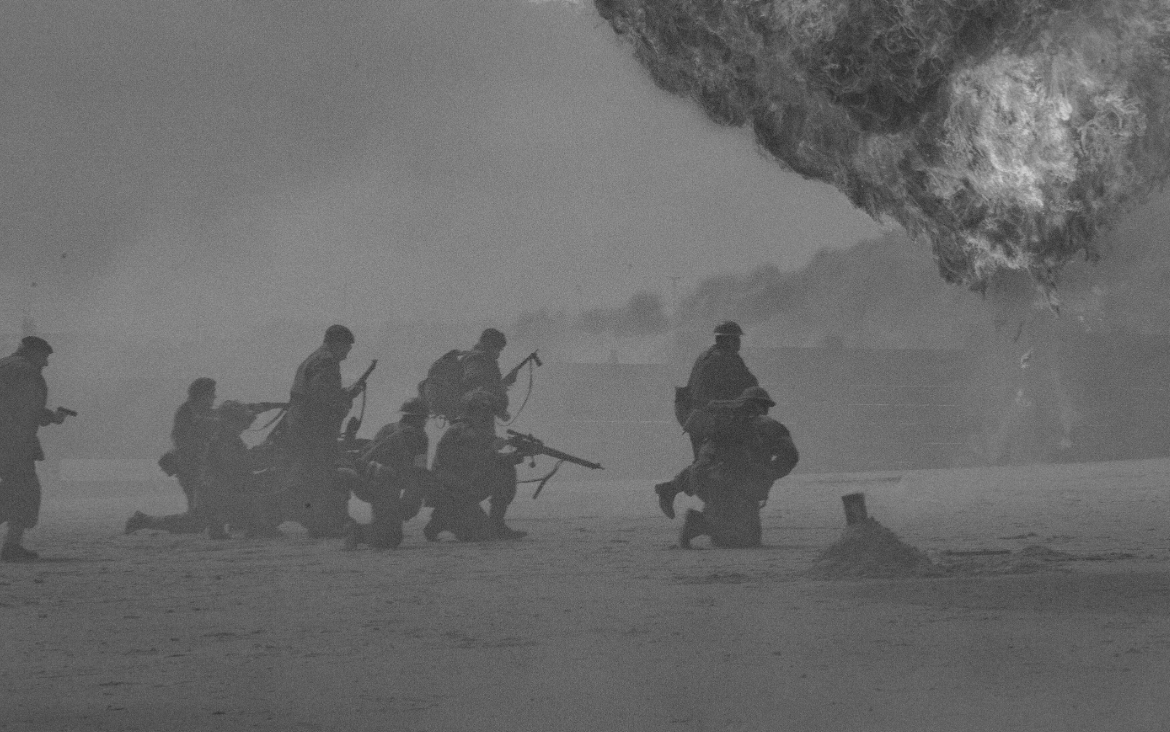D-Day, known as the short version of Day-Day, is commonly recognized as a significant event in U.S. history. This famous military operation occurred in Normandy, France on June 6, 1944. This brought together the land, air, and sea forces of the Allied Powers during World War II which is now known as the largest military invasion in history.
Why did D-Day Happen
D-Day, also referred to as the Normandy landings, came into being in the immediate aftermath of America’s entry into World War II. This historic invasion, which unfolded on June 6, 1944, signified the commencement of a crucial endeavor to liberate Europe from the oppressive clutches of Nazi Germany and ultimately put an end to the brewing conflict. The synchronized assault on the beaches of Normandy, France, etched a pivotal chapter in history, setting in motion a series of operations that played a momentous role in shifting the course of the war in favor of the Allied forces.
What Happened on D-Day
This operation delivered five naval assaults to the beaches of Normandy. On the morning of D-Day, ground troops landed across five assault beaches—Utah, Omaha, Gold, Juno, and Sword. By the end of the day, the Allies had established themselves on shore and could begin the advance into France. This invasion started the long campaign to liberate north-west Europe from Nazi Germany occupation. The invasion force included 7,000 ships and landing craft manned by over 195,000 naval personnel from eight allied countries.
Over a total amount of 4,414 Allied troops were killed during this invasion, 2,501 of which were Americans, and thousands were wounded. The battle as well killed around 20,000 French civilians.
How do we Commemorate D-Day
Each year, hundreds of U.S. armed forces members stationed in Europe, and from the U.S.-based units with historical links to D-Day, join service members and civilians from all over Europe to recognize the men and women of the “Greatest Generation” by performing music, marching in parades and honoring the actions and sacrifices of the allied nations.
In France, Normandy is transformed into a festival of remembrance, with cities, villages, and cemeteries festooned with flags while playing host to concerts, parades, and ceremonies. The solemn atmosphere is filled with a profound sense of gratitude and respect, as people gather to pay tribute to the bravery and resilience displayed during one of the most pivotal moments in history. The commemorative events serve as a poignant reminder of the enduring importance of unity, valor, and the pursuit of peace.

